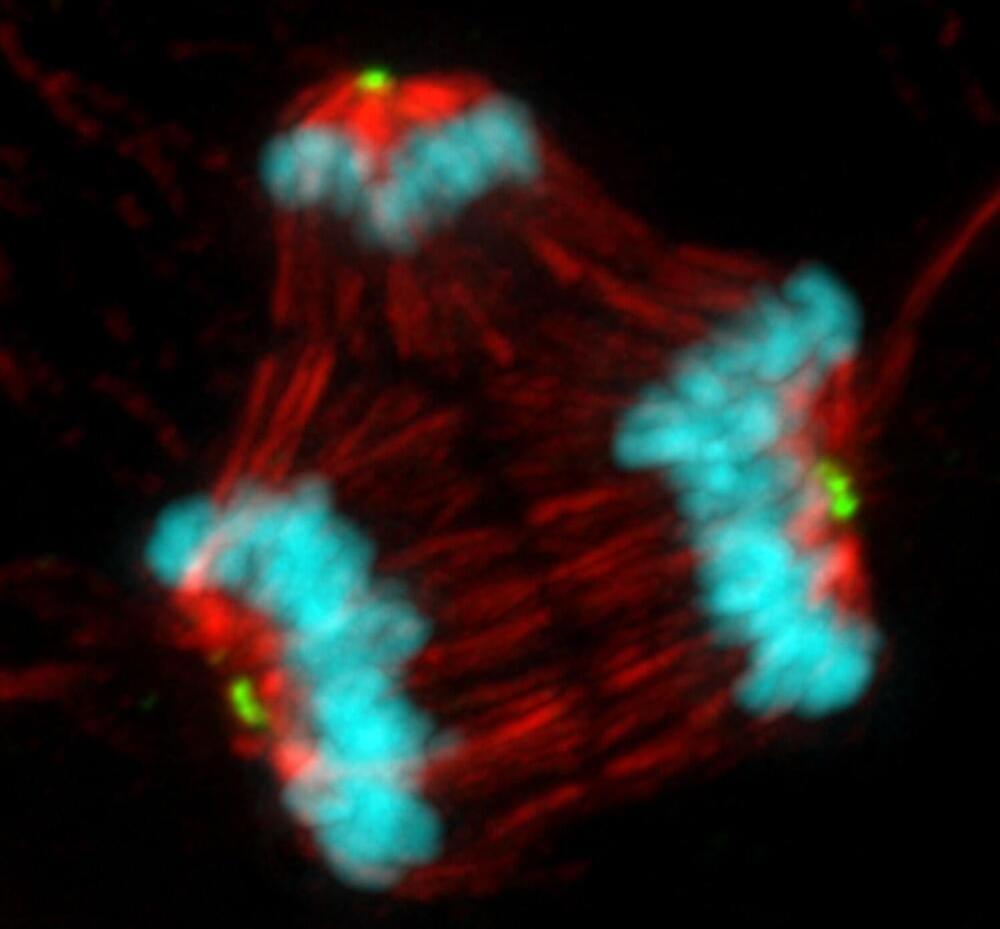A new study from the University of Wisconsin–Madison suggests that chemotherapy may not be reaching its full potential, in part because researchers and doctors have long misunderstood how some of the most common cancer drugs actually ward off tumors.
For decades, researchers have believed that a class of drugs called microtubule poisons treat cancerous tumors by halting mitosis, or the division of cells. Now, a team of University of Wisconsin–Madison scientists has found that in patients, microtubule poisons don’t actually stop cancer cells from dividing. Instead, these drugs alter mitosis—sometimes enough to cause new cancer cells to die and the disease to regress.
Cancers grow and spread because cancerous cells divide and multiply indefinitely, unlike normal cells which are limited in the number of times they can split into new cells. The assumption that microtubule poisons stop cancer cells from dividing is based on lab studies demonstrating just that.
